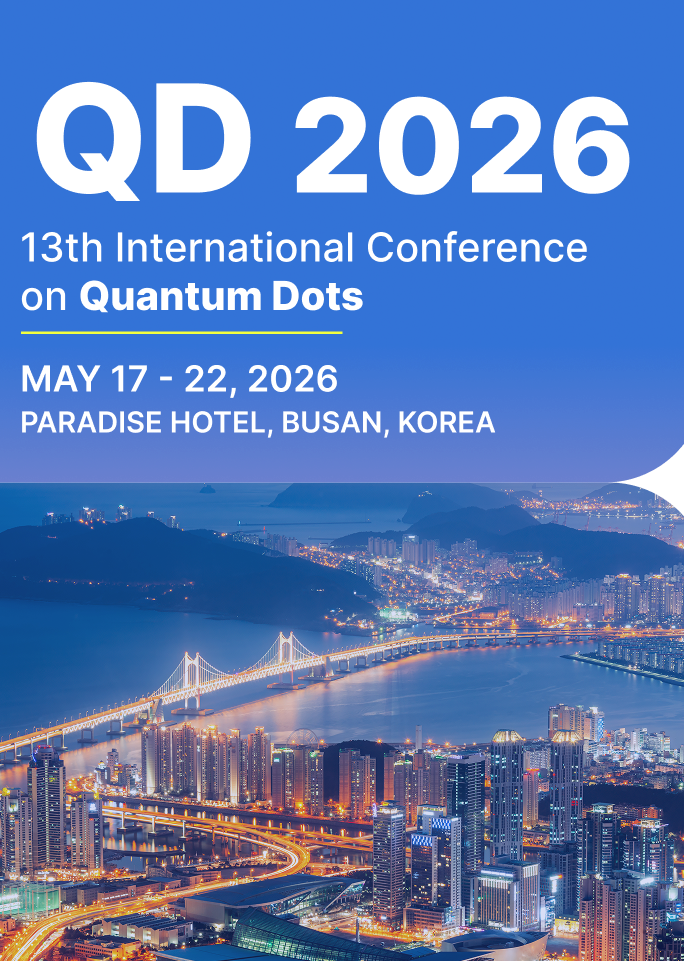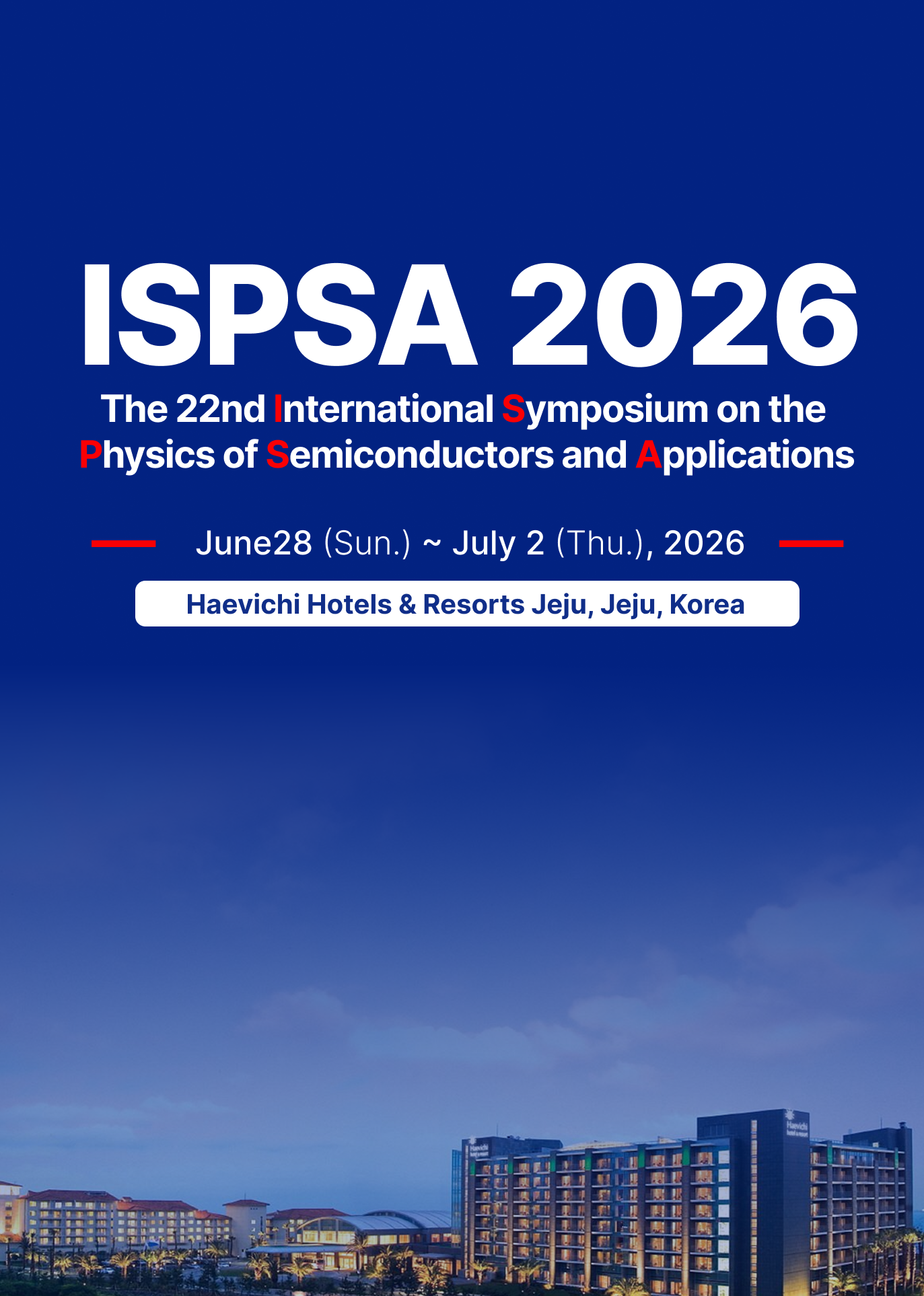50th ISTANBUL International Congress on “Engineering, Science, Humanities & Education” (IESHE-25) scheduled on Dec. 15-17, 2025 Istanbul (Türkiye)
IESHE-25
- URL: https://earet.org/conference/302
- Event Date: 2025-12-15 ~ 2025-12-17
- Submission Date: 2025-12-02
- Organizer: EARET
- Location: Istanbul, Turkey
Educational Administration Materials Engineering Educational Technology Engineering & Computer Science (General) Food Science & Technology Materials Engineering Health & Medical Sciences (General) Humanities, Literature & Arts (General) Education Educational Technology
Topics
Topics of interest for submission include any topics related to:.
I. Core Disciplines & Foundational Research
- Engineering Sciences:
- Mechanical Engineering (Advanced materials, robotics, mechatronics, fluid dynamics, thermodynamics, manufacturing processes)
- Civil Engineering (Smart infrastructure, sustainable construction, geotechnical engineering, structural analysis, transportation systems)
- Electrical Engineering (Power systems, electronics, control systems, telecommunications, microelectronics, signal processing)
- Chemical Engineering (Process optimization, new materials synthesis, biochemical engineering, catalysis, sustainable chemical processes)
- Aerospace Engineering (Aerodynamics, propulsion, space systems, aircraft design, astronautics)
- Biomedical Engineering (Medical devices, tissue engineering, biomaterials, biomechanics, diagnostic tools)
- Computer Engineering (Computer architecture, embedded systems, hardware-software co-design, VLSI design)
- Environmental Engineering (Pollution control, waste management, water treatment, renewable energy systems, climate change mitigation)
- Materials Science and Engineering (Nanomaterials, composites, smart materials, metallurgy, ceramics, polymers, surface science)
- Natural Sciences:
- Physics (Quantum mechanics, condensed matter physics, astrophysics, optics, nuclear physics, plasma physics)
- Chemistry (Organic chemistry, inorganic chemistry, physical chemistry, analytical chemistry, biochemistry, nanotechnology)
- Biology (Molecular biology, genetics, microbiology, ecology, neuroscience, bioinformatics, systems biology)
- Mathematics (Applied mathematics, computational mathematics, statistics, probability, optimization, discrete mathematics)
- Earth Sciences (Geology, oceanography, atmospheric science, climatology, environmental science)
- Information & Computer Science:
- Artificial Intelligence & Machine Learning (Deep learning, neural networks, natural language processing, computer vision, reinforcement learning, ethical AI)
- Data Science & Big Data Analytics (Data mining, data visualization, statistical modeling, large-scale data processing)
- Cybersecurity (Network security, cryptography, data privacy, threat intelligence, secure software development)
- Software Engineering (Software architecture, agile methodologies, DevOps, testing, software quality)
- High-Performance Computing (Parallel computing, cloud computing, distributed systems, quantum computing algorithms)
- Human-Computer Interaction (User experience, interface design, virtual/augmented reality, usability studies)
II. Interdisciplinary & Emerging Technologies
- Artificial Intelligence & Robotics:
- Autonomous systems (self-driving vehicles, drones, intelligent robots)
- Human-robot interaction and collaboration (cobots)
- AI for scientific discovery and engineering design
- Explainable AI (XAI) and trustworthy AI
- Robotics in healthcare, manufacturing, and exploration
- Advanced Materials & Nanotechnology:
- Smart materials and responsive systems
- Nanomaterials for energy, environment, and medicine
- Self-healing and self-assembling materials
- 2D materials (graphene, TMDs) and their applications
- Additive manufacturing (3D/4D printing) for functional materials
- Biotechnology & Bioengineering:
- Synthetic biology and genetic engineering (CRISPR, gene therapy)
- Bioprinting and tissue engineering
- Neuroscience and brain-computer interfaces (BCI)
- Pharmaceutical and drug discovery technologies
- Agricultural biotechnology and food security
- Sustainable Technologies & Green Engineering:
- Renewable energy generation, storage, and grid integration
- Carbon capture, utilization, and storage (CCUS)
- Circular economy and waste-to-resource technologies
- Sustainable water management and purification
- Green chemistry and eco-friendly manufacturing processes
- Climate modeling and environmental sensing
- Quantum Technologies:
- Quantum computing hardware and software
- Quantum sensing and metrology
- Quantum communication and cryptography
- Quantum materials
- Space Exploration & Technologies:
- Advanced propulsion systems
- In-situ resource utilization (ISRU) for lunar/Martian missions
- Space robotics and autonomous exploration
- Space infrastructure and habitats
- Satellite technologies and remote sensing
- Smart Systems & Internet of Things (IoT):
- Smart cities and urban infrastructure
- IoT for industrial automation (Industry 4.0/5.0)
- Wearable technology and pervasive sensing
- Cyber-physical systems (CPS)
- Edge and fog computing for distributed intelligence
- Augmented, Virtual, and Mixed Reality (XR):
- XR for engineering design, visualization, and simulation
- XR in scientific research and education
- Industrial and commercial applications of XR
III. Methodologies, Tools & Cross-Cutting Themes
- Computational Methods:
- Numerical simulations and modeling (FEM, CFD, molecular dynamics)
- Optimization algorithms for complex systems
- Machine learning for scientific discovery and engineering solutions
- High-performance computing applications
- Experimental Techniques & Instrumentation:
- Advanced sensing and measurement technologies
- Spectroscopy, microscopy, and imaging techniques
- Big data acquisition and analysis in experimental science
- System Integration & Complex Systems:
- Designing and managing large-scale, interconnected systems
- System-of-systems engineering
- Resilience engineering for critical infrastructure
- Data Security & Privacy:
- Cybersecurity for industrial control systems and IoT
- Privacy-preserving data analytics in scientific research
- Ethical considerations in data collection and use
- Innovation & Technology Transfer:
- Translating research into practical applications
- Entrepreneurship in STEM
- Industry-academia collaboration models
- STEM Education & Workforce Development:
- Innovations in STEM pedagogy and curriculum design
- Promoting diversity, equity, and inclusion in STEM fields
- Preparing the future STEM workforce for emerging technologies
- Ethics, Policy & Societal Impact:
- Ethical considerations of emerging technologies (AI, gene editing, robotics)
- Regulatory frameworks for technological advancements
- Public engagement with science and technology
- The role of STEM in addressing global challenges (climate change, health, poverty)
IV. Digital Humanities & Technology in Humanities Research
- Digital Methodologies: Utilizing computational tools, data analysis, GIS, and visualization for research in literature, history, archaeology, and other humanities fields.
- AI and Humanities Research: The ethical and practical implications of AI in textual analysis, content generation, historical reconstruction, and archival studies.
- Digital Cultural Heritage: Preservation, accessibility, and interpretation of cultural artifacts and historical records in digital formats.
- Online Archives and Databases: Best practices for creating, maintaining, and utilizing digital humanities resources.
- Virtual Reality, Augmented Reality, and Immersive Experiences: Their application in recreating historical sites, exploring artworks, and enhancing humanities education.
- Open Access and Digital Publishing: Challenges and opportunities for disseminating humanities scholarship in the digital age.
V. Philosophy, Ethics & Critical Thought
- Applied Ethics in Contemporary Issues: Ethical frameworks for AI, biotechnology, environmental concerns, and social justice from a humanistic perspective.
- Philosophy of Education: Examining the aims, values, and theories underpinning educational practices.
- Critical Theory and Pedagogy: Applying critical lenses (e.g., feminist, postcolonial, queer, decolonial) to analyze power structures in education and society.
- Epistemology and Knowledge Production: How we know what we know, and the nature of truth, belief, and justification in academic and educational contexts.
- Logic and Reasoning: The role of formal and informal logic in academic discourse and educational curricula.
- Existentialism, Phenomenology, and their relevance to human experience and learning.
VI. Language, Literature & Communication
- Language and Identity: The role of language in shaping individual and collective identities, and implications for multilingual education.
- Literature and Empathy: How literary studies cultivate understanding of diverse human experiences and perspectives.
- Rhetoric and Persuasion: The art of effective communication in academic, public, and digital spheres.
- Media Studies and Digital Literacies: Analyzing the impact of various media on culture, communication, and education, and developing critical digital literacies.
- Linguistics and Language Acquisition: Research into how languages are learned and the development of effective language teaching methodologies.
- Creative Writing and Expressive Arts in Education: Fostering creativity and self-expression through literary and artistic practices.
VII. History, Memory & Cultural Studies
- Historical Consciousness and Education: Teaching history in ways that foster critical understanding of the past and its relevance to the present.
- Memory Studies: The construction of individual and collective memory, its role in identity, and the politics of commemoration.
- Cultural Identity and Diversity: Exploring diverse cultural expressions, heritage, and their representation in educational settings.
- Postcolonial Studies and Decolonizing Curricula: Challenging Eurocentric narratives and incorporating diverse global perspectives in education and humanities research.
- Oral History and Community Narratives: Preserving and utilizing personal stories and local histories.
- Heritage Preservation and Management: The role of cultural institutions and technology in safeguarding tangible and intangible heritage.
VIII. Education: Pedagogy, Curriculum & Learning
- Future-Focused Education: Preparing students for an unpredictable future, emphasizing adaptability, critical thinking, and lifelong learning.
- Curriculum Design and Development: Innovations in curriculum to integrate humanities perspectives, promote interdisciplinary learning, and address contemporary challenges.
- Pedagogical Innovations: Exploring new teaching methods, active learning strategies, project-based learning, and inquiry-based approaches.
- Assessment for Learning: Developing authentic assessment methods that measure higher-order thinking skills and deep understanding.
- Teacher Education and Professional Development: Preparing educators to teach humanities effectively and to integrate technology and interdisciplinary approaches.
- Inclusive Education and Equity: Addressing diverse learning needs, promoting social justice, and ensuring equitable access to quality education.
- Social-Emotional Learning (SEL) and Well-being: The role of humanities in fostering emotional intelligence, empathy, and resilience in educational contexts.
- Outdoor and Environmental Education: Connecting learning to natural environments and fostering ecological literacy.
IX. Education: Technology & Digital Learning
- AI in Education: The transformative potential of AI for personalized learning, adaptive assessments, intelligent tutoring systems, and automated feedback.
- Ethical AI in Education: Addressing concerns about bias, privacy, data security, and the role of human educators in an AI-driven learning environment.
- Learning Management Systems (LMS) and Educational Platforms: Optimizing digital environments for effective teaching and learning.
- Gamification and Game-Based Learning: Using game design principles to enhance engagement and motivation in educational settings.
- Hybrid, Blended, and Online Learning: Best practices, challenges, and equitable access in various modes of digital delivery.
- Educational Technology for Accessibility: Tools and strategies to support learners with diverse abilities.
X. Intersections and Transdisciplinary Approaches
- Humanities and STEM Education: Bridging the perceived divide between the sciences and humanities, fostering STEM literacy with humanistic grounding.
- Arts-Based Research in Education: Using artistic methods (e.g., performance, visual arts, creative writing) as research methodologies in educational contexts.
- Global Citizenship Education: Educating for intercultural understanding, global challenges, and responsible engagement in an interconnected world.
- Well-being and Flourishing in Education: Exploring how humanities and educational practices contribute to holistic human development.
- Research Methodologies in Humanities and Education: Discussing qualitative, quantitative, and mixed methods approaches, including action research, ethnography, and discourse analysis.














